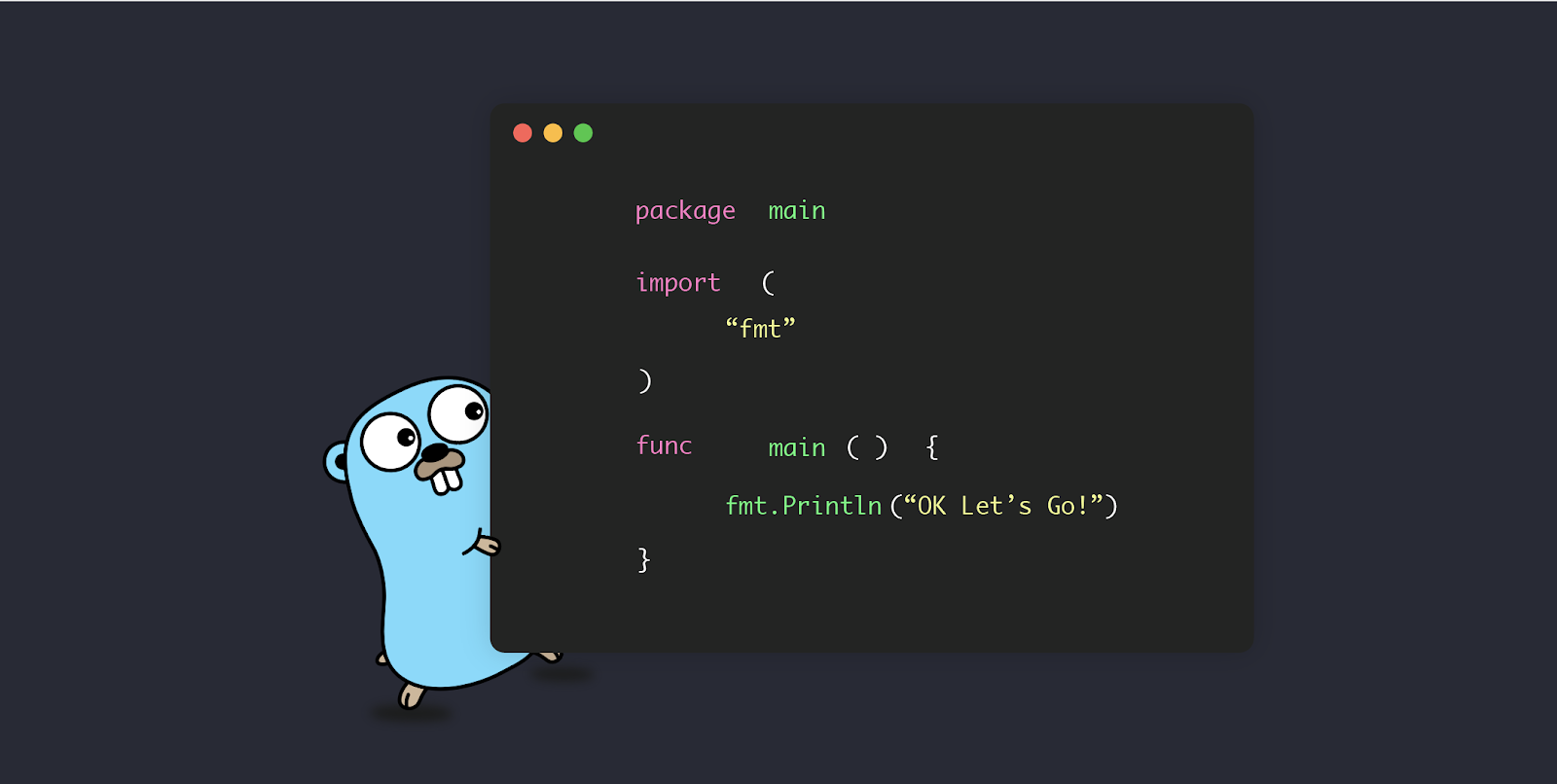Constants are a fundamental concept in programming, and Go (often referred to as Golang) provides a robust system for declaring and using constants. In this blog, we will explore the world of constants in Go, covering their definition, usage, advantages, and best practices. Whether you're new to Go or looking to deepen your understanding, this guide will help you master constants in this powerful language.
What Are Constants?
In Go, a constant is a value that cannot be changed or modified during the execution of a program. Constants are immutable, making them useful for representing fixed values, such as mathematical constants, configuration settings, and more. They are declared using the const keyword.
Declaring Constants
To declare a constant in Go, use the const keyword followed by the constant name, a data type (if needed), and the constant's value:
const pi = 3.14159
const maxRetryAttempts int = 3In the first example, we declare the constant pi without specifying its type. Go infers the type based on the provided value, making pi of type float64. In the second example, we explicitly specify the type for the constant maxRetryAttempts.
Untyped Constants
Go allows you to declare untyped constants, which have a more flexible type system. Untyped constants are implicitly converted to the appropriate type when used in expressions. For example:
const x = 42
const y = 3.14
var sum = x + 10 // x is treated as int
var product = y * 2.0 // y is treated as float64Here, x and y are untyped constants, and Go determines their types based on the context in which they are used.
Enumeration with Constants
Constants are often used to represent enumerations or a set of related values. In Go, you can create enums by defining a set of constants with a common type:
Enumeration Values
You can assign specific values to enum constants if needed. For example, let's define an enum representing days of the week with custom values:
const (
Sunday = iota + 1 // 1
Monday // 2
Tuesday // 3
Wednesday // 4
Thursday // 5
Friday // 6
Saturday // 7
)In this example, we've assigned Sunday the value 1 and used the iota identifier to auto-increment the values for the subsequent constants.
Use Cases for Enumerations
Enumerations are particularly useful for improving code readability and maintainability. They make your code more expressive and less error-prone when dealing with a fixed set of related values. Some common use cases for enums include:
-
Days of the Week: As shown earlier, representing days of the week as an enum simplifies date-related logic.
-
HTTP Status Codes: Enumerations can be used to represent HTTP status codes (e.g.,
OK,NotFound,InternalServerError). -
Error Codes: Enums can also be employed to define error codes in a more structured way, making error handling more robust.
Typed vs. Untyped Constants
In Go, constants can be either typed or untyped. We briefly touched on this earlier, but let's delve deeper into the distinction between the two.
Typed Constants
Typed constants have an explicitly defined type, like int or float64. When you declare a typed constant, it retains that specific type throughout your code.
const maxRetryAttempts int = 3Untyped Constants
Untyped constants, on the other hand, do not have a fixed type. Go allows untyped constants to adapt to the required type based on the context in which they are used.
const x = 42 // Untyped constant
const y = 3.14 // Untyped constant
var sum = x + 10 // x is treated as int
var product = y * 2.0 // y is treated as float64Untyped constants offer flexibility and can simplify code, but be mindful of potential type-related issues.
Best Practices
When working with constants in Go, consider the following best practices:
-
Use Constants for Clarity: Use constants to represent fixed, unchanging values in your code. This makes your code more readable and maintainable.
-
Enumerate Related Values: Create enums using constants for related values, improving code expressiveness and avoiding magic numbers.
-
Be Consistent with Naming: Follow naming conventions for constants, such as using uppercase letters for exported constants and starting with a common prefix for related constants.
-
Document Your Constants: Provide comments or documentation for constants to explain their purpose and usage.
-
Use Typed Constants When Necessary: Choose typed constants when you need a specific type for your constant. Untyped constants should be used when type flexibility is beneficial.
-
Avoid Large Constants: Avoid defining very large constants in your code, as they can impact compile times and code readability.
Conclusion
Constants are a powerful tool in Go that enable you to create immutable values, enumerate related values, and improve code clarity. Whether you're defining mathematical constants, representing days of the week, or specifying configuration settings, constants play a vital role in writing clean and reliable Go code. By following best practices and leveraging the flexibility of typed and untyped constants, you can write code that is both expressive and maintainable in the Go programming language.
